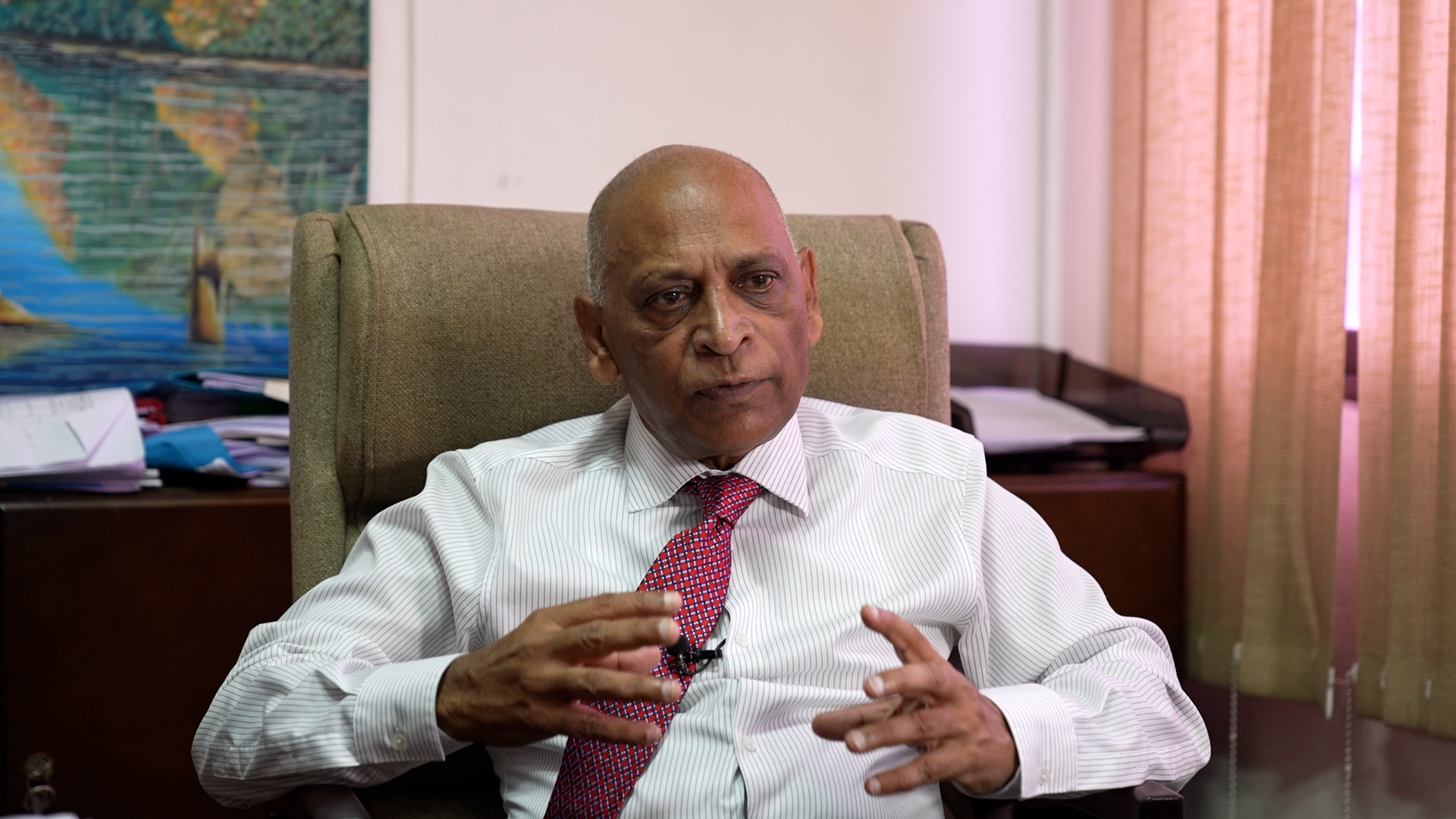Guyana is building its capacity to detect different disease variants and test DNA for organ transplants by utilising the genetic sequencing machine.
This is according to Dr Leslie Ramsammy, an advisor to the Ministry of Health, who told the News Room that the machines’ technologies decode a pathogen’s genetic material which is now being used in Guyana to detect the variants of diseases for treatment.
Already, the Health Ministry is using the gene sequencing machine to find new mutations of the malaria parasite found in the blood of infected patients. The gene sequence testing machine arrived here in January 2022 as part of the country’s fight against the disease.
A further step the ministry intends to take is to test the compatibility of DNA for successful organ transplants.
“Guyana is determined to end the neglected tropical diseases…It is building a capacity for sequencing because once you have that capacity, it doesn’t matter which one, whether its malaria, TB COVID-19, we will be able to sequence and know,” Dr Ramsammy said.
He explained that by training healthcare professionals, they can expand their knowledge to detect the DNA sequencing variants in different pathogens. Additionally, the Health Ministry recognises the need for DNA testing for transplants.
Part of the difficulty of the transplant programme is getting a donor organ that is compatible with the recipient. The DNA samples taken from both parties are sent abroad for testing and this costs millions of dollars.
Dr Ramsammy noted that when the results show that the organ and recipient do not match, more money is spent to conduct additional tests.
This is time-consuming and costly, therefore by having these tests in Guyana, more persons can get their transplants done sooner.
The government is hoping that this can be operational in Guyana by mid-year.
“We are building a capacity of our technologists to be able to do all these different things and we are equipping our lab for this,” Dr Ramsammy said.







